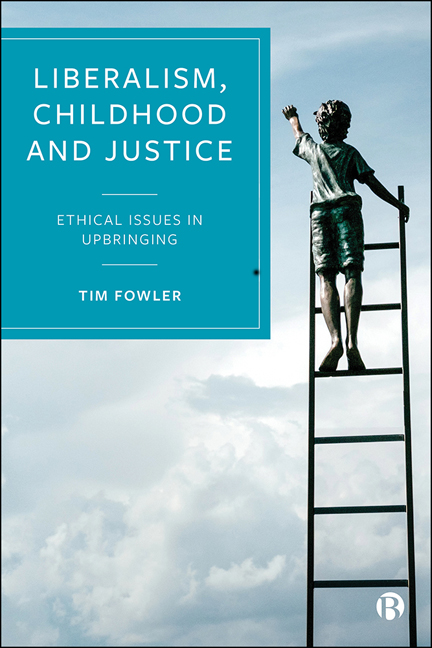10 - Distributing Parental Duties
Published online by Cambridge University Press: 25 February 2021
Summary
This chapter considers how and why adults come to have special duties towards children. By special duties, I mean those that go beyond duties all adults have to all children, for example, not to harm them or to rescue them from danger when doing so is not overly costly. I defend the causal account of special duties, which holds that parents come to have obligations to their children by creating them in a needy and nonautonomous state. I first show why the causal view should be preferred to the other leading views of parental obligations which locate the source of duties in: (i) genetics; (ii) voluntary choices; or (iii) social conventions. I then consider the most significant objection to the causal account – the ‘too many causers’ problem. I suggest this objection can be met if the account is reformulated to track moral, rather than merely causal, responsibility for creation. I show that there are usually good reasons to think that a child's genetic parents are the prime causes of his or her existence and that they therefore have the most extensive duties to him or her. It nevertheless remains the case that other people in society have special duties to the child because of their role in his or her upbringing. In Chapter 12 I explore this idea in more depth and show why many adults beyond a child's parents can come to have special duties to him or her.
Genetics and duties
I have already rejected the genetic connection as a source of parental rights, but perhaps biology can provide a good explanation of parental duties. According to the genetic theory, the fact that two persons have similar genes because of shared ancestry gives these people special duties to one another. Current practice supports this suggestion, since many societies require absent biological fathers to pay support to the mother to defray some of the costs associated with raising the child. However, the moral basis of the genetic account remains somewhat mysterious. To say that someone has similar genes is simply to say that they have similar codes in their cells, but this similarity does not seem like the kind of thing that would generate moral duties.
- Type
- Chapter
- Information
- Liberalism, Childhood and JusticeEthical Issues in Upbringing, pp. 111 - 122Publisher: Bristol University PressPrint publication year: 2020

